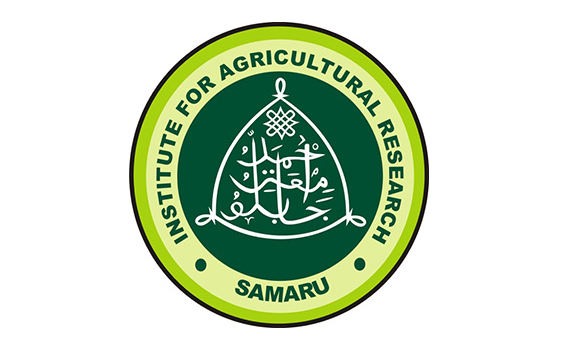IAR releases 17 new crop varieties
The Institute of Agricultural Research, IAR/ABU, has introduced 17 new crop varieties to the existing collection to better serve farmers’ requirements. Prof. Ado Adamu Yusuf, IAR executive director, disclosed this at the 2024 Annual Research Review and Planning Meeting which was held at the institute in Zaria. “This release includes four transgenic maize varieties – […]

The Institute of Agricultural Research, IAR/ABU, has introduced 17 new crop varieties to the existing collection to better serve farmers’ requirements.
Prof. Ado Adamu Yusuf, IAR executive director, disclosed this at the 2024 Annual Research Review and Planning Meeting which was held at the institute in Zaria.
“This release includes four transgenic maize varieties – SAMMAZ 72T, SAMMAZ 73T, SAMMAZ 74T and SAMMAZ 75T – which were prized for their high yield and resistance to the fall armyworm.
“We have also added one pro-vitamin A maize hybrid, SAMMAZ 70, and an Aflatoxin-resistant maize, SAMMAZ 71,” he said.
The Executive Director said in addition to that, the institute has unveiled a high-yielding castor variety, SAMCAS 1 and 3 oat varieties namely SAMOAT 3, SAMOAT 4 and SAMOAT 5, which are known for high yield and elevated protein content.
- Food Security: AfDB partners with BUK centre on climate adaption, entrepreneurship
- Recall officers deployed for election duty in Bayelsa, IGP urged
Prof. Yusuf stressed that the institute will not relent in its ongoing efforts on the development of crop varieties that exhibit tolerance or resistance to both biotic and abiotic factors, including drought, extreme heat, floods, pests and diseases, to address the challenges of climate change.
He assured that the IAR’s crop varieties would be complemented by production technologies focusing on improved soil management and agronomic practices that will assist in attaining their maximum potential as well as various simple tools designed to minimize labour in both crop production and post-harvest activities.
“We are working on nutritionally enhanced varieties to improve nutrition security among Nigerians as well as developing new food products in response to changing global consumption patterns.
